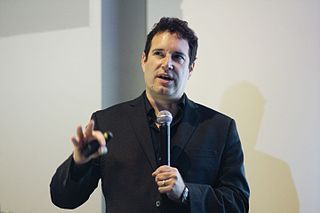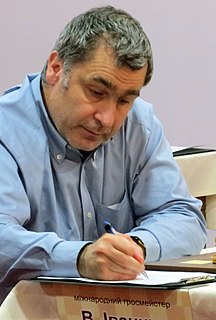A Quote by Nigel Short
If chess is a vast jungle, computers are the chainsaws in a giant environmentally insensitive logging company.
Related Quotes
It's a very special generation, because during our careers the computer entered chess. So we know how to play without computers, which is also important. We can analyse without computers. I am not saying that younger players cannot do this, but we are more in the habit of doing this. That's important to improve your chess understanding.
Chess is a unique battlefield for human minds and computers - human intuition, our creativity, fantasy, our logic, versus the brute force of calculation and a very small portion of accumulated knowledge infused by other human beings. So in chess we can compare these two incompatible things and probably make projections into our future. Is there danger that the human mind will be overshadowed by the power of computers, or we can still survive?
There's a great debate going on, you know, on whether we're moving toward a system of giant oligopolies or a system of multiples of small businesses. Which is it? I think it's both. In every sector of the economy, we have giant brands that are trustworthy guides to what's good, and then a vast number of small groups, many of them project-based, sometimes folding and re-creating, that are offering products and services through those giant global brands.
































